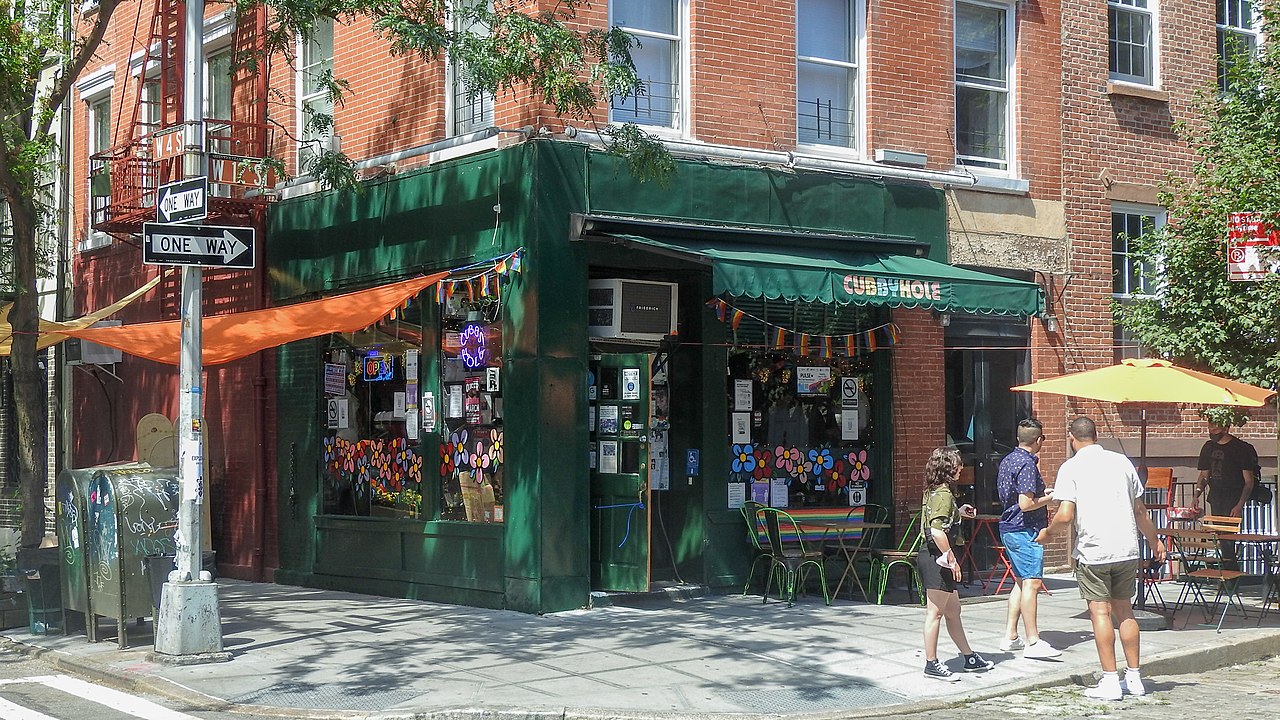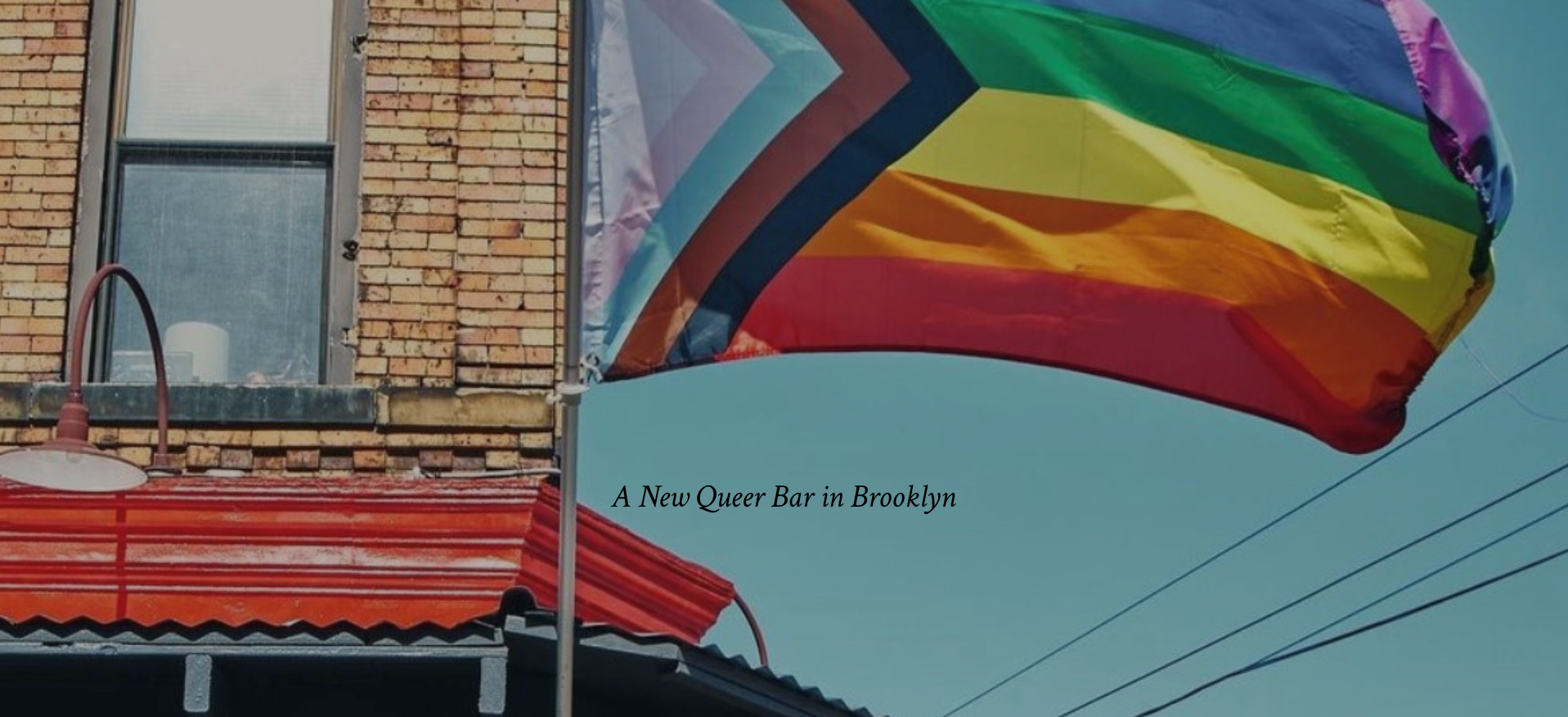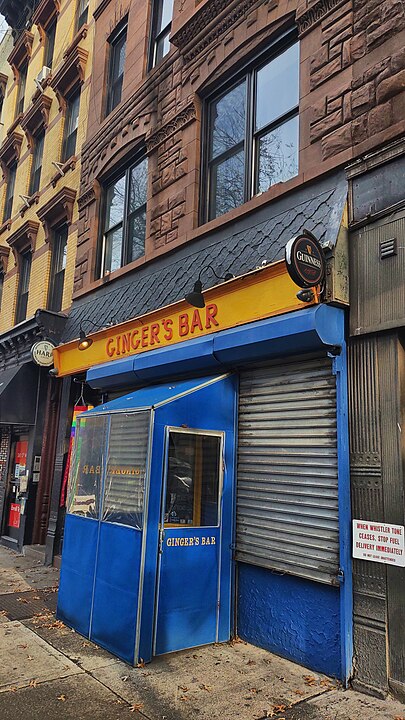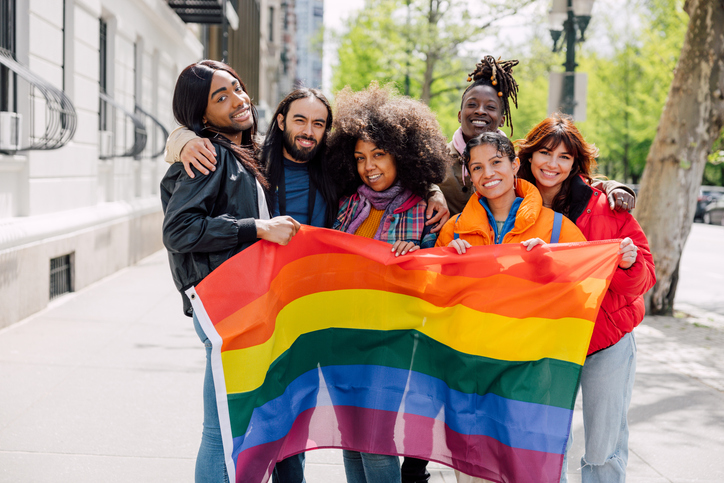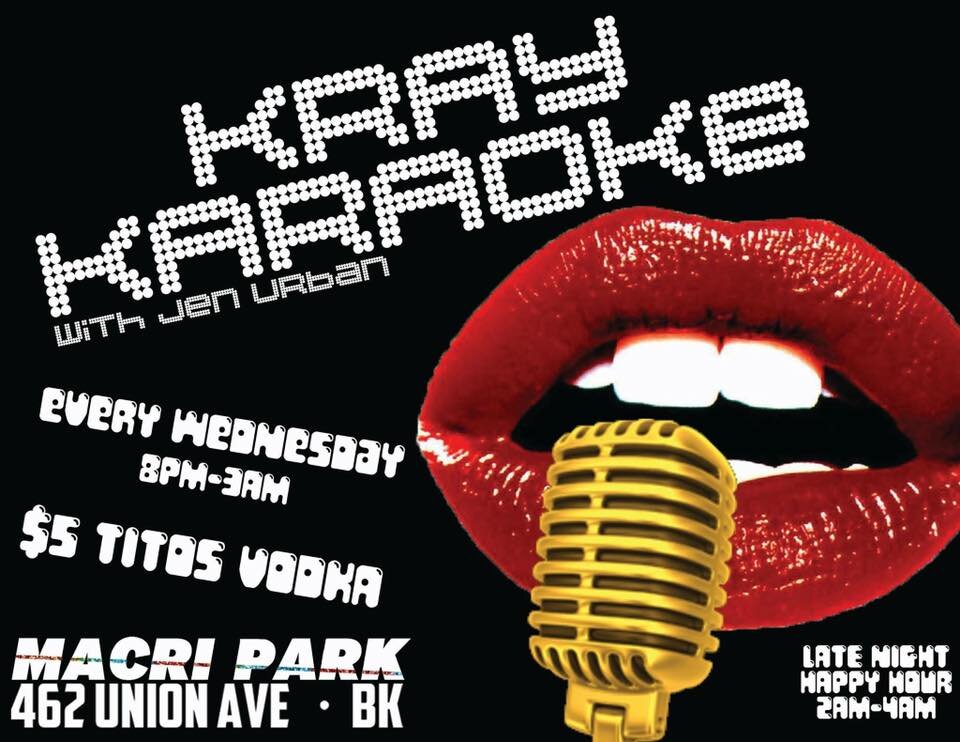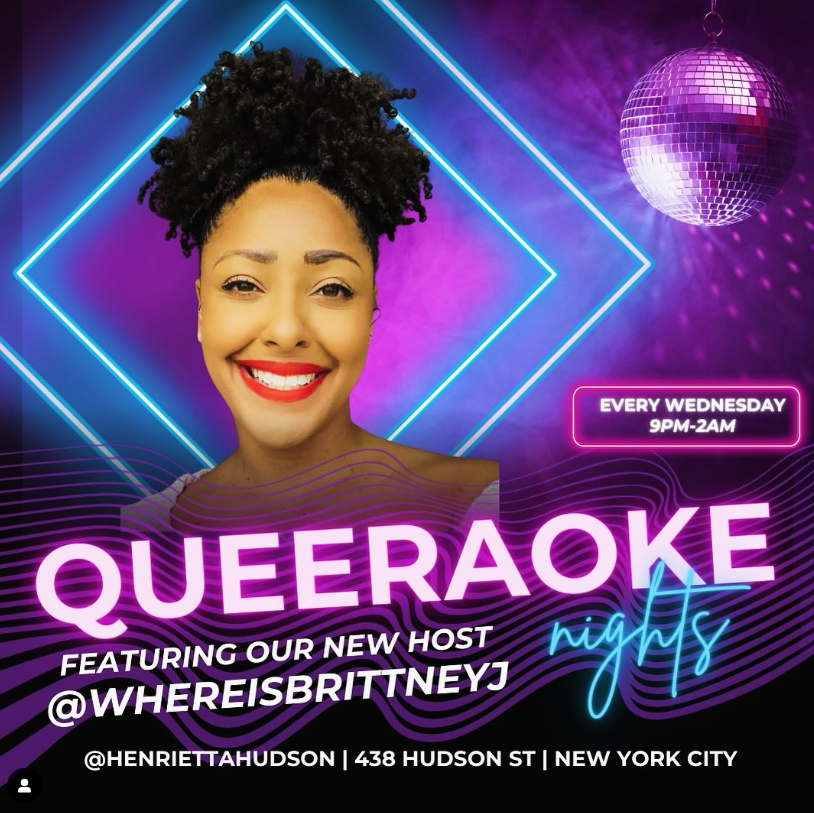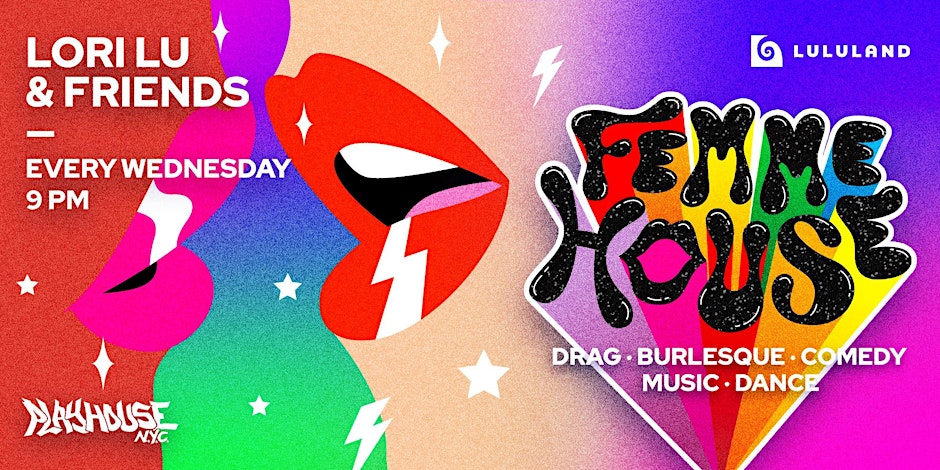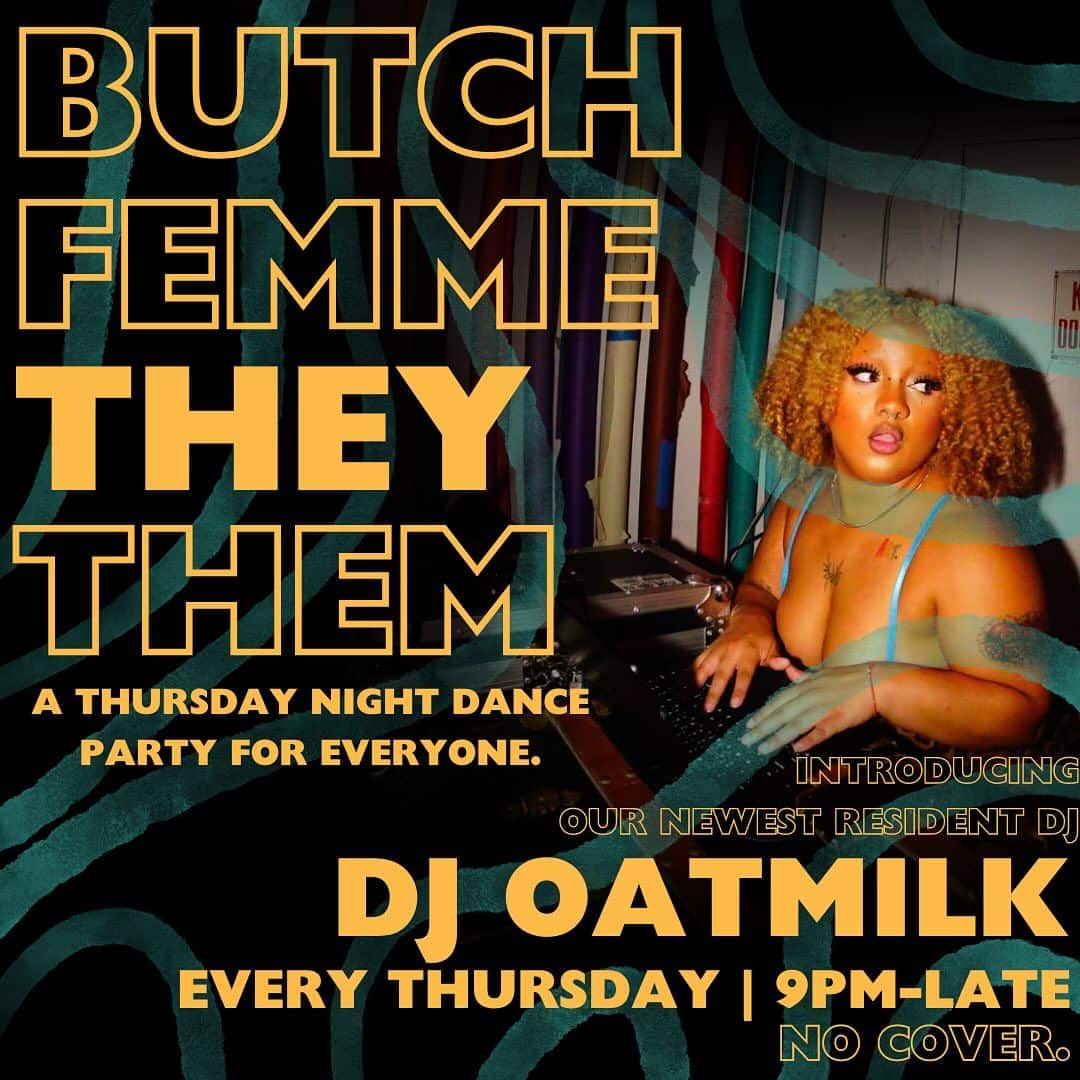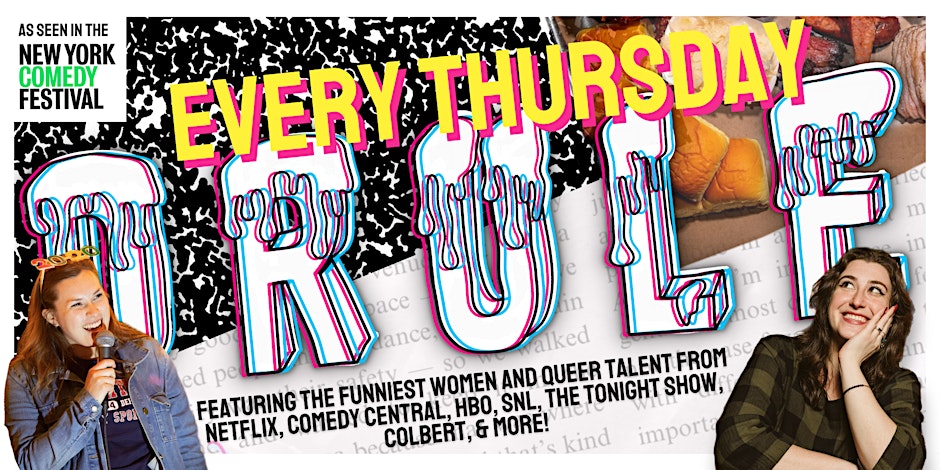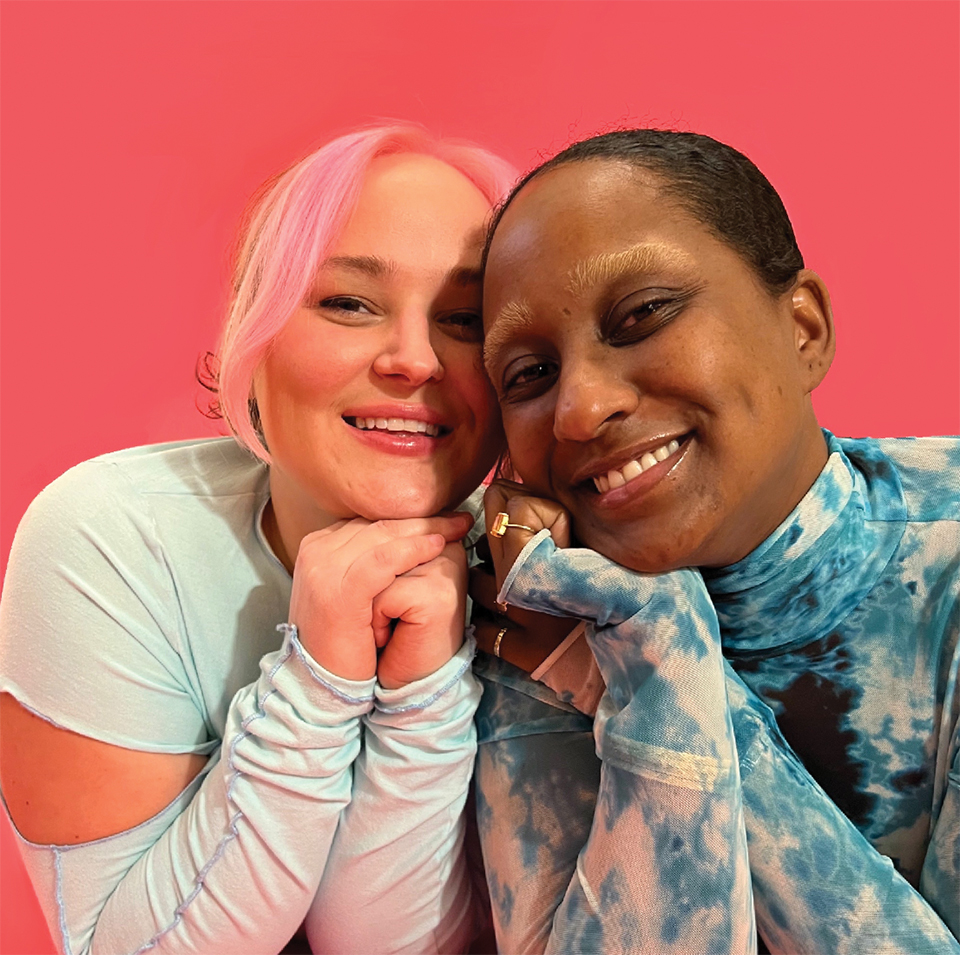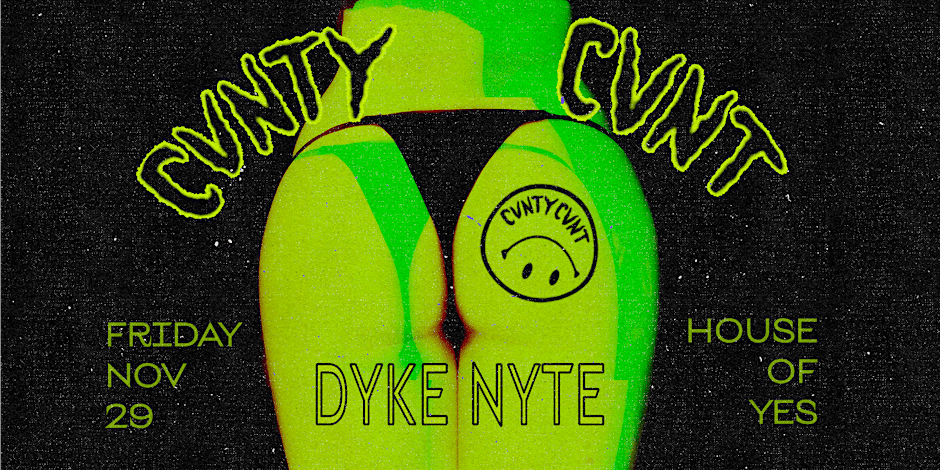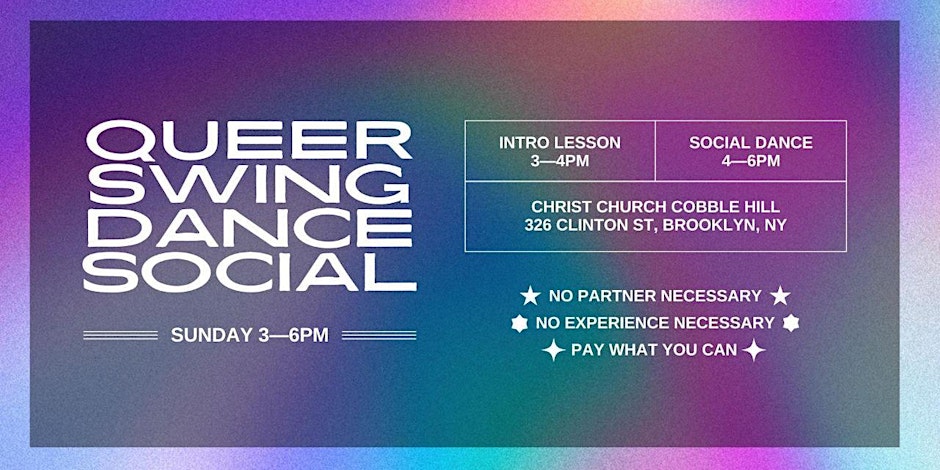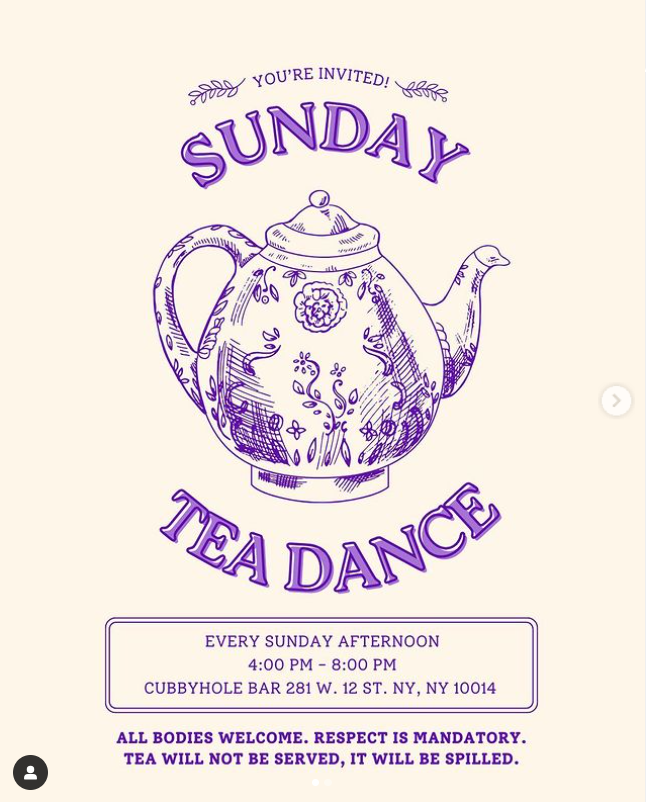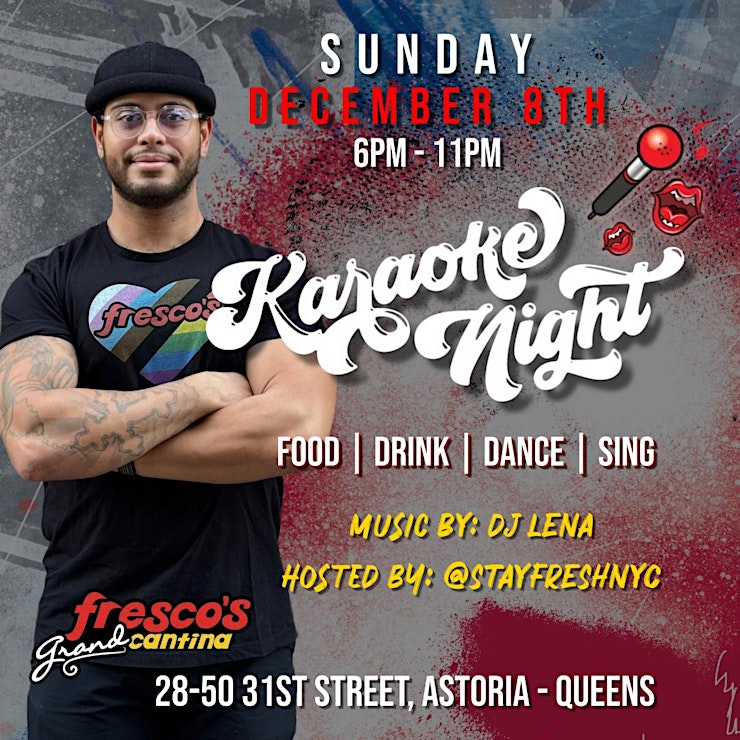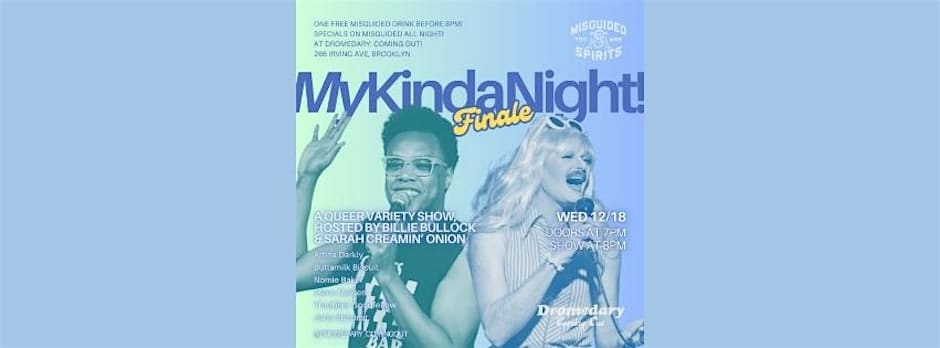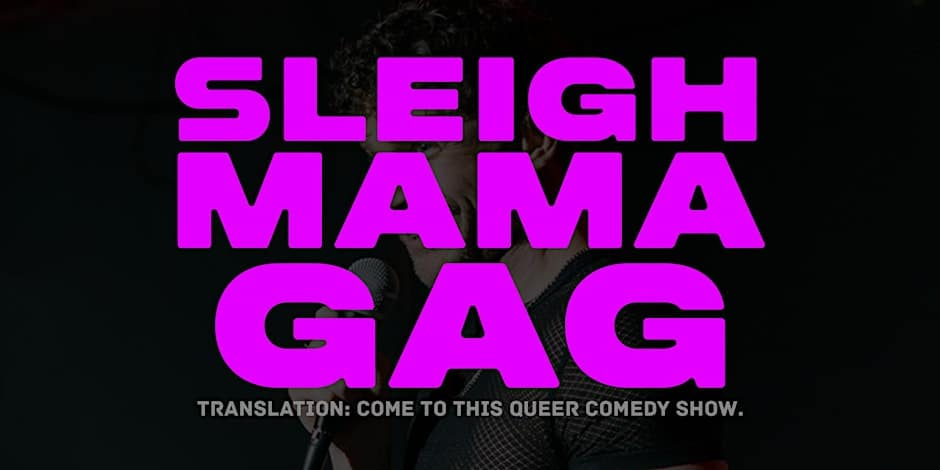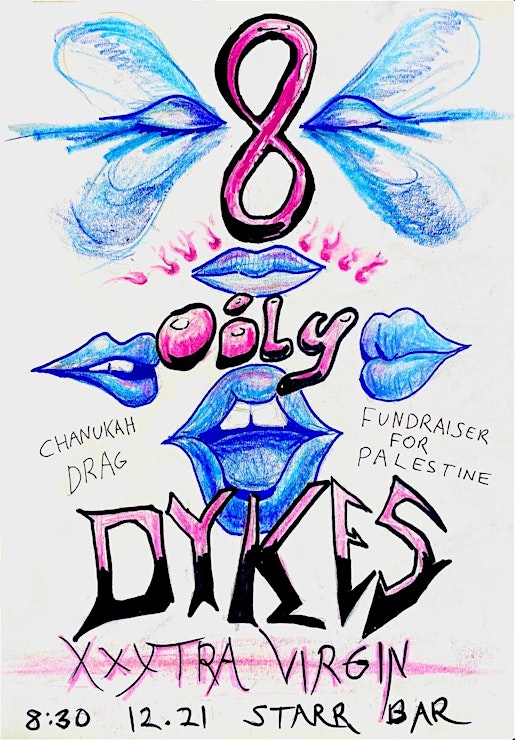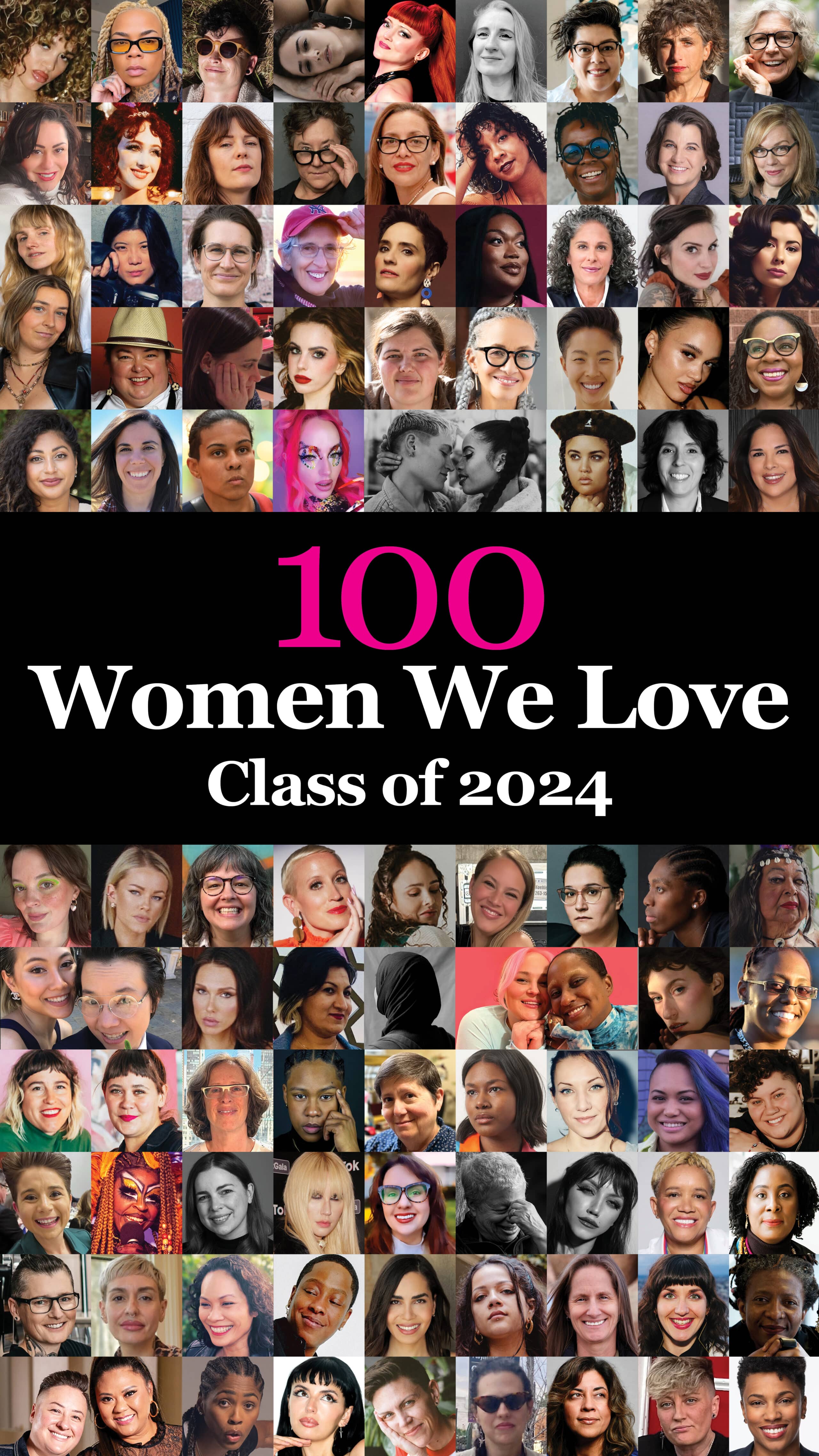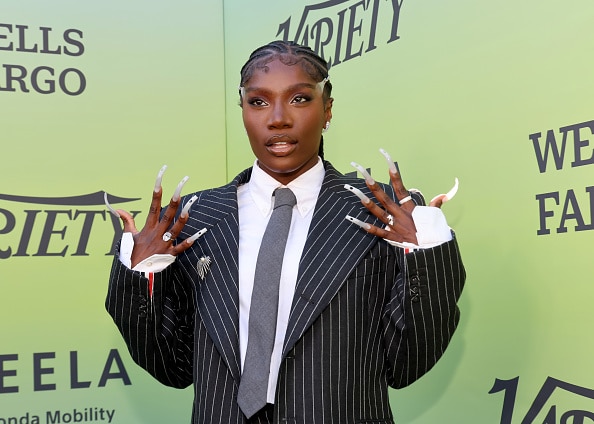The discrimination aimed towards LGBTQ+ people and people of color extend to the doctor’s office and have adverse affects on their health.
LGBTQ+ adults are twice as likely to have a negative health care experience than straight adults, according to a recent KFF survey.
KFF, a health policy nonprofit, published the data this week as part of their latest Racism, Discrimination and Health survey. It polled around 6,000 respondents about their healthcare between 2022 and 2023. 500 of those identified as LGBTQ+.
It found one third or 33% of LGBTQ+ adults were treated unfairly or experienced disrespectful medical treatment, compared to 15% of straight adults. A majority of those who had negative experiences (61%) say a provider made an assumption about them without asking, suggested they were to blame for their health problem or refused to provide pain medication.
About two thirds of queer respondents reported facing some form of discrimination in their daily lives.
Black and hispanic LGBTQ+ people faced more discrimination than their white peers, as well as more medical racism than cishet people of color, according to the findings.
Younger LGBTQ+ adults, queer women and queer people making less than 40,000 a year are more likely to report unfair medical treatment than their queer peers.
These negative homophobic and transphobic encounters have a direct effect on queer people’s health.
Of those who reported discrimination, 24% said it caused their health to decline and 39% said it made them less likely to seek health care.
Inadequate care can also exacerbate mental health challenges, researchers say. LGBTQ+ adults who face discrimination in their daily lives are more likely to reporting feeling lonely, anxious and depressed.
“This survey’s findings underscore and enhance our understanding of the ongoing challenges LGBT adults in the U.S. face, including with respect to experiences with stigma and discrimination and poorer mental health outcomes compared to non-LGBT peers,” KFF researchers wrote in the report.




